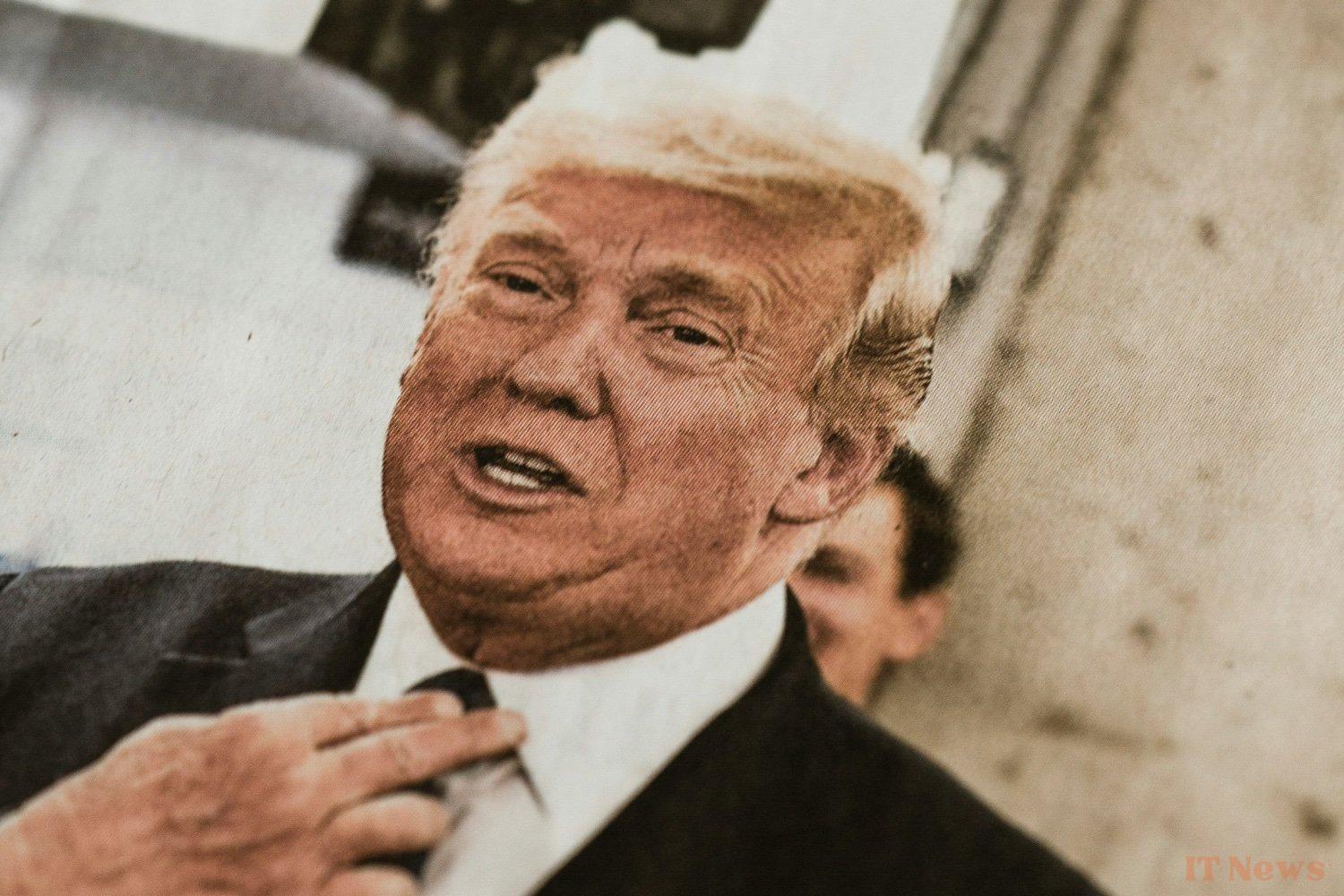Embracing Trumpist doctrine and writing million-dollar checks for the inauguration of the new American president will therefore not have been enough. Donald Trump announced last night a spectacular barrage of customs tariffs against Europe, China, India, and several Southeast Asian countries. The operation, dubbed "Liberation Day" by the White House tenant, primarily hits large tech companies that have their products manufactured in abroad to import them into the United States.
Apple on the front line
Apple is on the front line, and this could be very costly for the computer manufacturer and American (and probably global) consumers. The apple company has made a strong start on diversifying its production chain to avoid being too dependent on China. Unfortunately, Trump's tariffs also affect these other countries!
In India, Apple manufactures iPhones and AirPods: customs imports from this country are subject to a 27% tax. Vietnam, which produces AirPods, iPads, Apple Watches, and Macs, faces a 46% tariff. Malaysia (which assembles Macs) faces a 24% tariff, Thailand (also Macs) faces a 37% tariff, and Ireland (iMacs) faces a 20% tariff.
It's hard to believe that Apple will absorb all of Trump's tariffs. Admittedly, the manufacturer enjoys a healthy margin: in the fourth quarter of 2024, the gross margin on all of the manufacturer's products and services stood at 46.9%. Gross margin represents the profit made on a product after subtracting its manufacturing cost, but before other expenses (marketing, salaries, etc.). In fact, Apple's net margin is much lower, but still very comfortable.
Apple can therefore afford to cover some of the tariffs, but not all... and it is more likely that the company will prioritize its margin. This means that import taxes will be paid by consumers. "We estimate that a price increase of approximately 40% on devices would be necessary to fully offset the cost of the tariffs," explains analyst Barton Crockett to Investing. In other words, a $799 iPhone 16 would cost more than $1,100.
Samsung is not immune to Donald Trump's madness. But the tariffs for South Korea are "only" 25%: in fact, the Korean giant benefits from a competitive advantage... During the US president's first term, Tim Cook skillfully maneuvered to avoid excessive import taxes on Apple devices. Despite the CEO's hamming it up, this time it seems the Californian manufacturer will have no choice.
Apple still has the option of manufacturing its products on American soil, but you can't move a global production line overnight. And even if the company were to achieve this with a magic wand, devices produced in the United States would still cost more: American wages are much higher than in China, India, or Vietnam.
Not to mention the repercussions of American tariffs in the rest of the world. Because the countries targeted by Trump have no intention of letting this happen without reacting. The EU is preparing a battery of measures that could hit Apple where it hurts, by taxing services more heavily. This would cause a new surge in prices... The circle is vicious.
While American consumers should prepare for price increases, customers in Europe and elsewhere in the world could also be victims of this endless escalation.



0 Comments